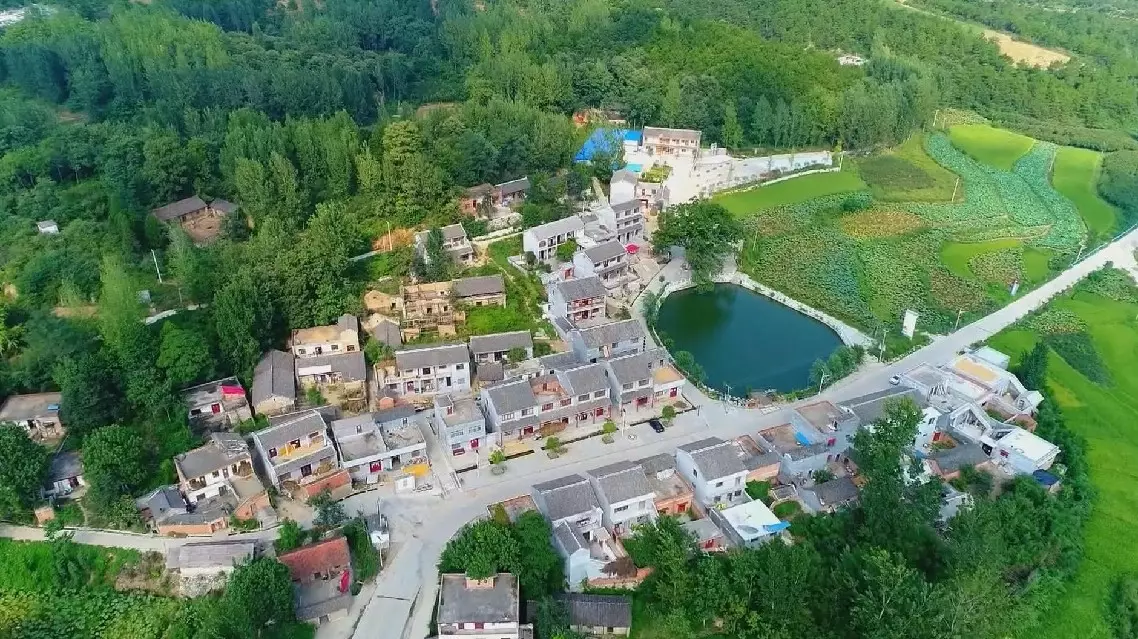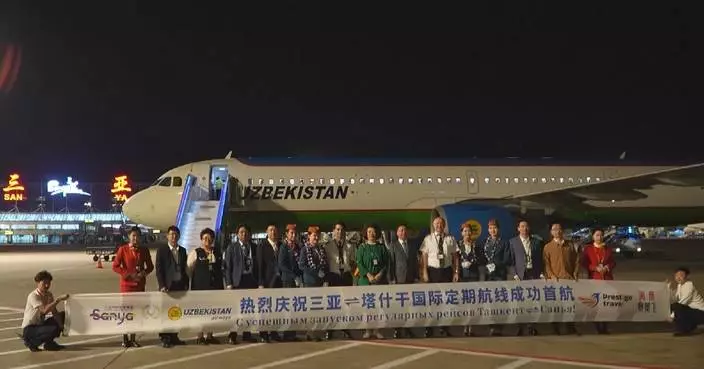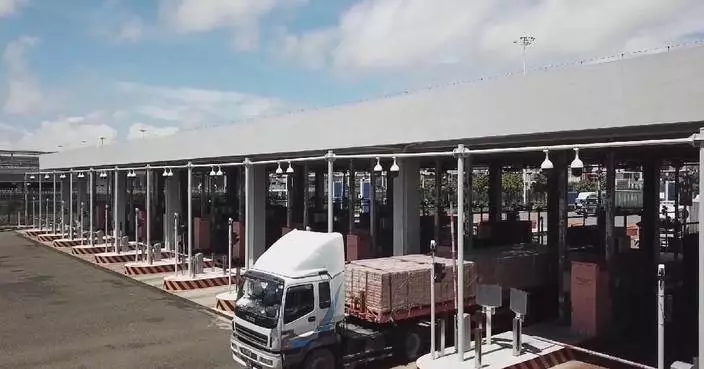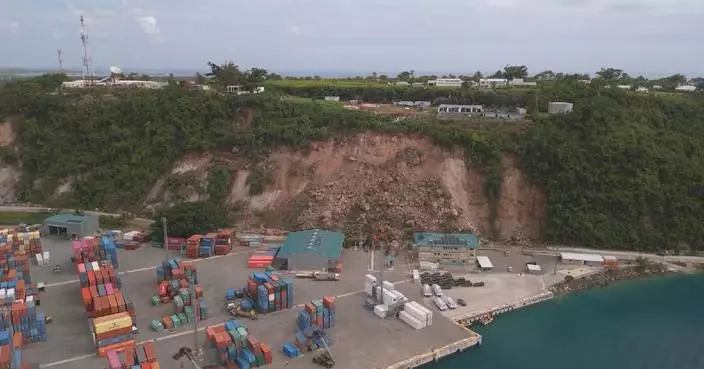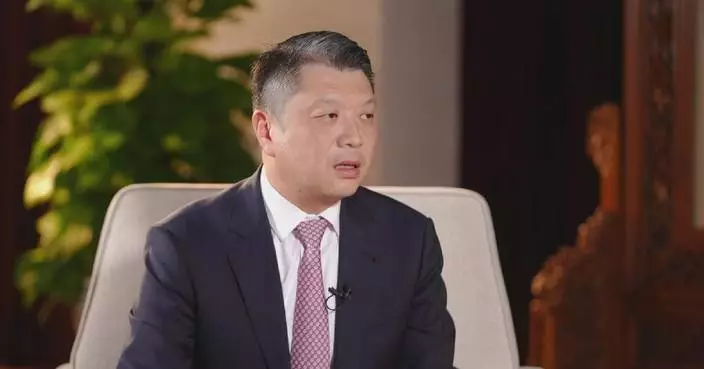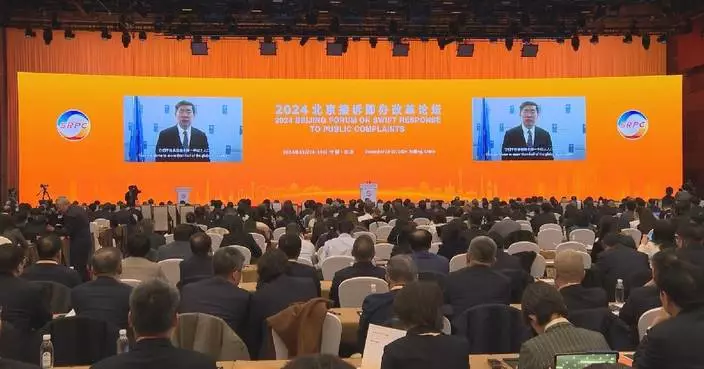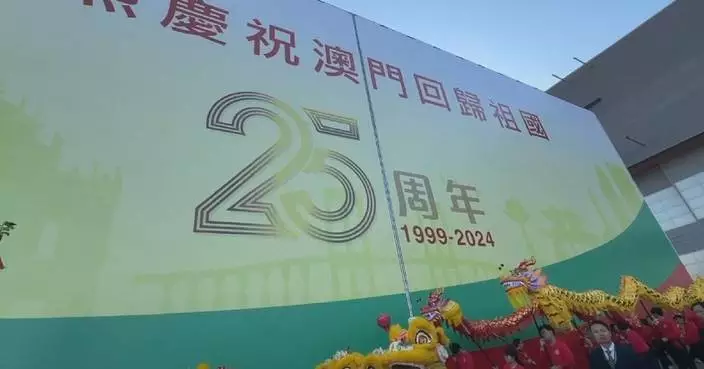Global South countries, as a grouping of emerging markets and developing countries, are poised to exert a stronger influence within the Group of 20 (G20), backed by robust growth rates and increasing economic clout, as highlighted by experts ahead of the 19th G20 Summit in Rio de Janeiro, Brazil.
Wang Lei, deputy director of the Institute of World Economics and Politics at the Chinese Academy of Social Sciences (CASS) and a member of Think 20, a think tank for the G20, said global trade and economic data point to the increasing strength and influence of the Global South within the G20, a crucial international platform for global economic cooperation.
"According to the recently released IMF report, even for this year and for the coming years, the developing countries' general growth pace will be much higher than the developed countries in general," Wang said.
Experts noted that many of these Global South countries possess abundant natural resources and a skilled workforce. However, they grapple with significant challenges such as social inequality and poverty, necessitating urgent financial support.
"Of course, emerging markets are becoming more confident for G20 as you would expect, and with the increasing economic clout that they also have, and we do see rising tensions particularly along the geopolitical lines, we also see the first signs of fragmentation of trade. So, what we really need is a multinational cooperation," said Ralph Ossa, chief economist at the World Trade Organization (WTO).
Between 2022 and 2025, the G20 summit is hosted in Indonesia, India, Brazil, and South Africa. Therefore, experts suggest that the series of G20 presidencies held by emerging economies has further bolstered the advancement of the Global South agenda within the G20.
"On the one hand, the Global South will put forward, will introduce more new vehicles in terms of multilateral governance, at same time it's also very important to further reform international mechanism," Wang said.
The 19th G20 Summit is set to take place from Nov. 18 to 19. Under the Brazilian Presidency in the summit, there are three priorities: fighting inequality, promoting social inclusion and fighting hunger; combating climate change, promoting energy transition and sustainable development; and reforming global governance institutions. All will involve practical discussions and collaboration among involved countries and organizations.

Global South countries gain growing influence in G20: expert


